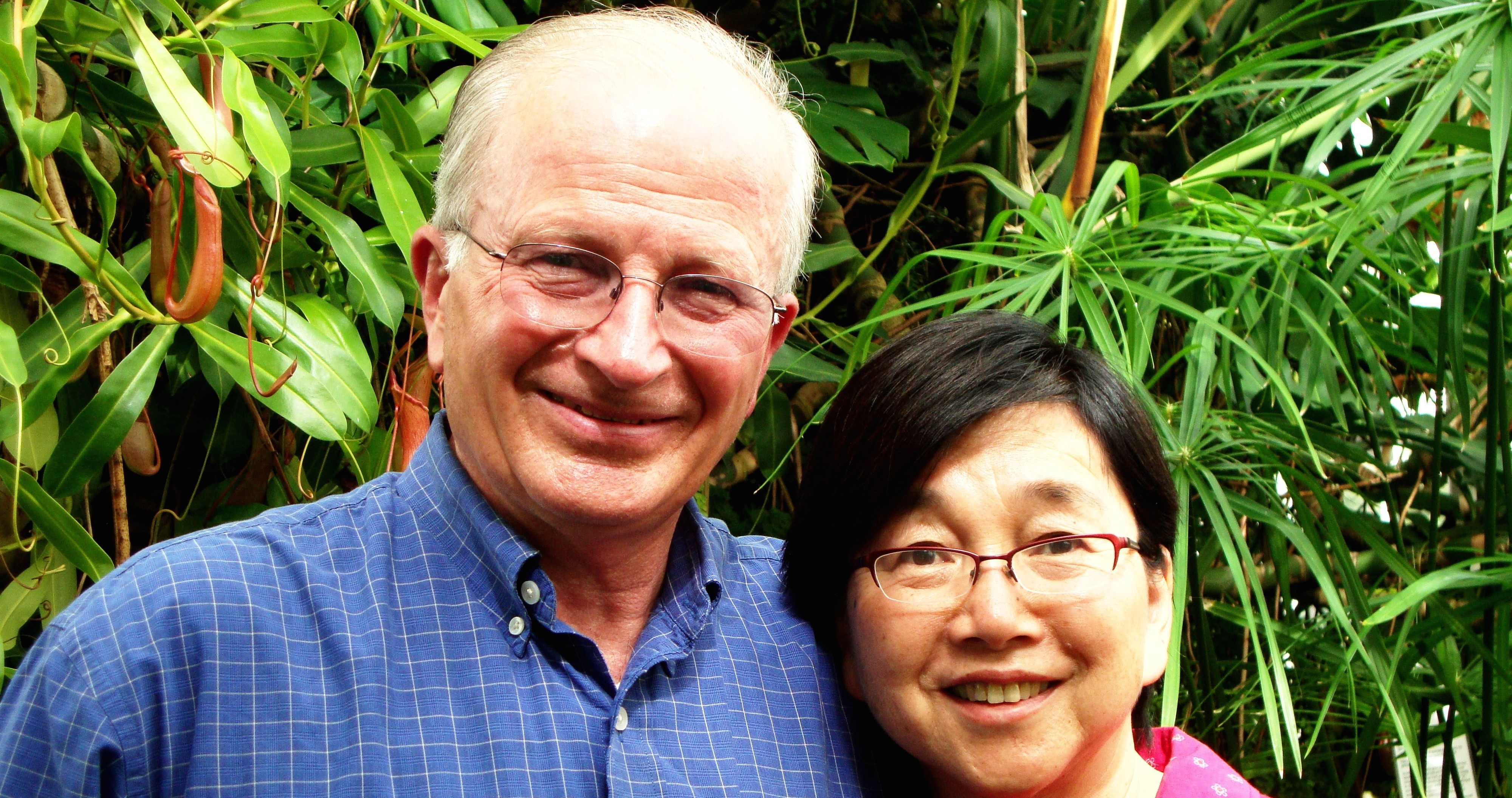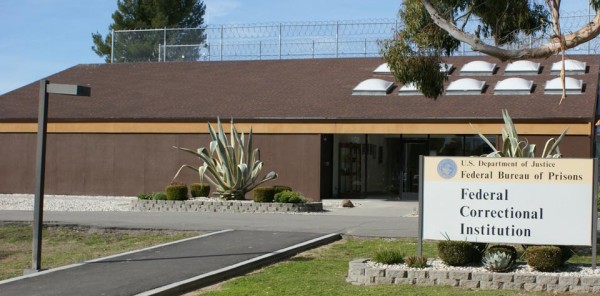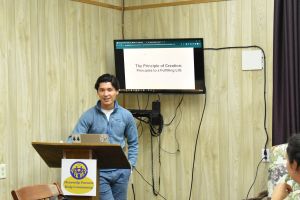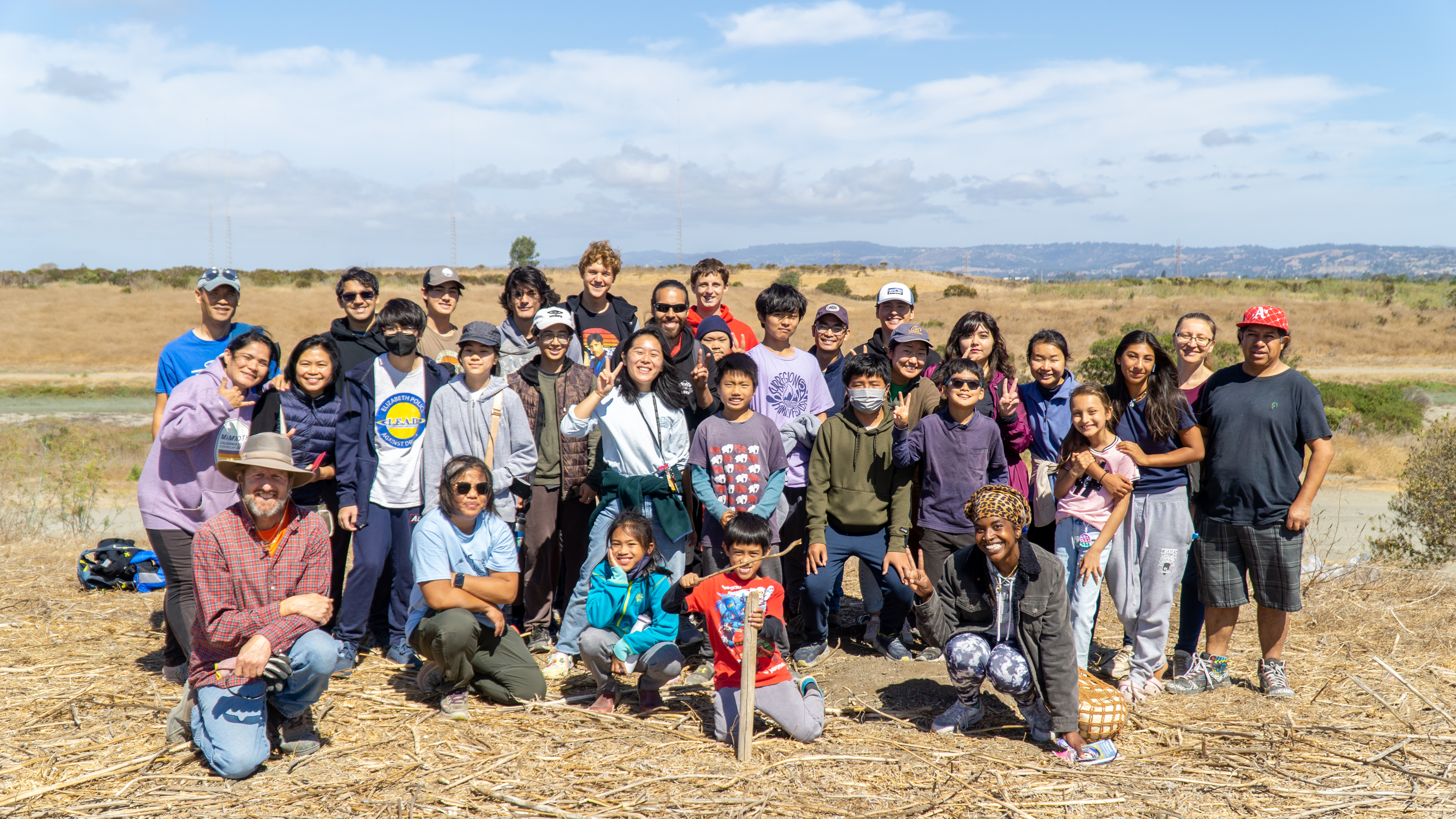What I’ve Learned Teaching in Jails and Prison by Bento Leal
For the past 13 years, I’ve had the good fortune of teaching relationship skills as part of my duties as a full-time staff member with a statewide, non-profit educational organization based here in California. I’ve taught in churches, family resource centers, county jails, and federal prison mainly here in the greater Bay Area. The classes are typically in class-type settings with audiences ranging from a handful of people up to 50 or more. It’s always a powerful experience to see people learning and practicing the skills that will benefit their lives and relationships.
A particular thing I love about teaching relationship skills is that it puts two key elements of the Divine Principle and Father & Mother Moon’s teachings into substantial practice: 1) Give-and-Take Action, and 2) Living for the Sake of Others. For example, Empathic Speaking and Listening Skills involve the give-and-take action of two people (a husband and wife, a parent and child, two friends, two co-workers, etc.) having a conversation where they both speak and listen to each other with respect and sincerity to understand one another. This creates a healthy and productive dialogue. Also, listening with such care to a person’s deeper thoughts and feelings, particularly on an issue of emotional significance to them, is a substantial way to live for the sake (or benefit) of that person in that very moment. These are immediate examples of True Love in Action.

Bento Leal and his wife.
I’m especially inspired when I teach relationship skills in jails and prison. I’ve taught many times at Glenn E. Dyer Detention Facility in downtown Oakland. This is a men’s facility, some of whom are awaiting sentencing for serious crimes or have been sentenced and waiting to be transferred to a federal or state prison. Some men are in there for a few years. In teaching there you quickly realize that, for the most part, these are individuals who made a mistake, broke the law, got caught, were found guilty in court, and are now paying their price to society by losing their physical freedom. These are not pleasant environments. Many of the inmates have a lot of anger and resentment to whoever turned them in, the judicial system, their family, everyone who did them wrong, and very often have extreme self-anger and self-condemnation. For many, this is a living hell.
But when they arrive in my class, I treat them with respect as my fellow human beings. When I teach and practice the speaking and listening skills with them their hearts begin to open, and they begin to discover the simple truth that when you listen with care and sincerity to someone else you are “released” from your own self-incarceration in your heart and mind and “free” to enter the heart and world of another person. Such is the power of living for the sake of others. I’ve often said in my jail classes, “In here, you are physically incarcerated. You’re stuck here for a period of time. But you can decide if you are going to also be incarcerated in your heart or not. You can choose to be free even in here.” I’ll then mention, “People on the outside appear to be free, but many of them are walking around incarcerated—imprisoned—in their own minds and hearts being angry, resentful, hurt and bitter. They look free, but they are in jail.”
I know it’s easy for me to say because I’m not locked up in the jail and in a couple of hours of teaching the class I will walk out of there. But the men tell me that it’s true. They recognize (at least many of them do, not all) that the choice of how they serve their time is up to them—whether they serve it with bitterness and resentment, or whether they make it as productive as they can given the circumstances. Thus, some of them read, study, and try to improve themselves, and some don’t.

I’ve found the same to be true when I volunteer teach at the Federal Correctional Institution, a women’s federal prison in nearby Dublin. I treat them with respect. I refer to them as Miss or Ma’am, which nobody else in the facility calls them. They feel my sincerity, that I’m there to serve them and support them on their quest to be better communicators, even while incarcerated. As with the men’s jail, the women respond powerfully to the relationship skills. For example, after I have demonstrated the listening skill by listening intently to a volunteer share for a few minutes about her early life, often the volunteer will say, with tears welling up in their eyes, “Nobody has ever listened to me like that my entire life.” The other women nod their heads. It makes me realize how many people have suffered and gone down self-destructive paths in their lives all because they never felt listened to, loved, and understood. Many were violated, abused, and left with the conclusion that their life didn’t matter, that their life was pointless. So, when I’m able to come in and shed some sunlight on them and their inherent value as human beings, they respond like plants in a dry desert that are finally receiving the rain. Their souls are nourished, and they can say to themselves, “I am somebody after all.”
So, for me, teaching relationship skills is an opportunity to share God’s Love to people who really need it, whether they are living outside in the world or locked up in some jail or prison. We are all brothers and sisters on this planet as part of one human family. At the end of the day, I get as much, if not more, out of those classes as my class participants do. As the Bible says, “When you give, you receive.” I know that’s true and will keep on doing it.
Order my book “4 Essential Keys of Effective Communication in Love, Life, Work—Anywhere!” at www.bentoleal.com




